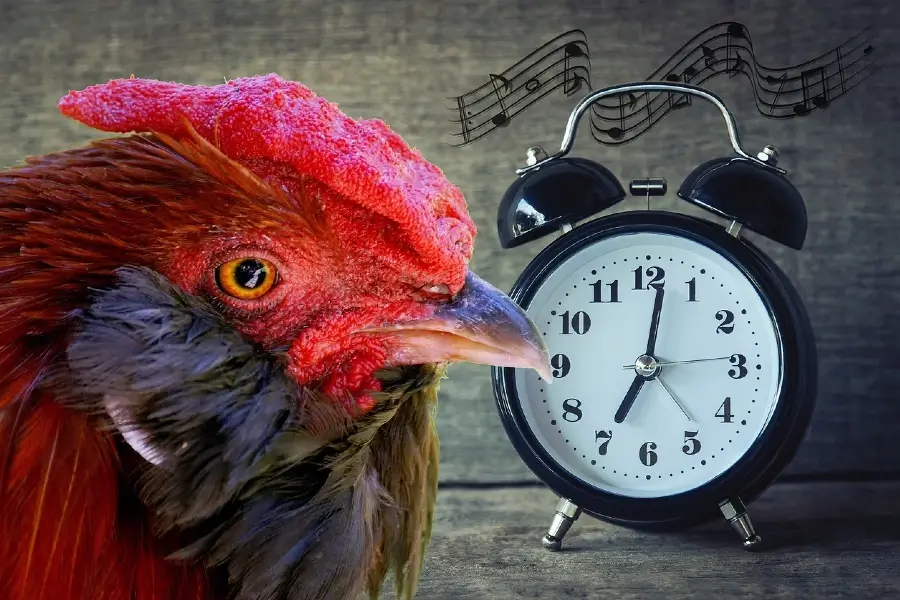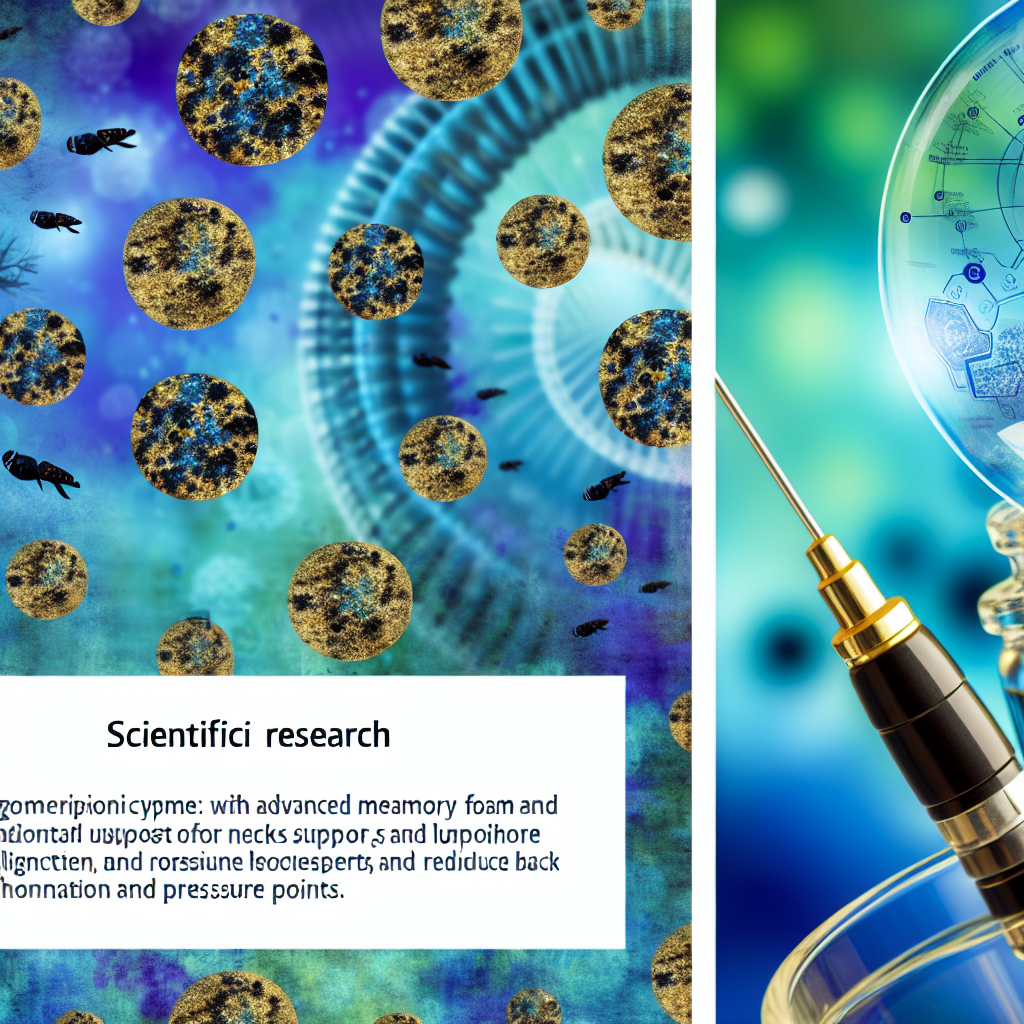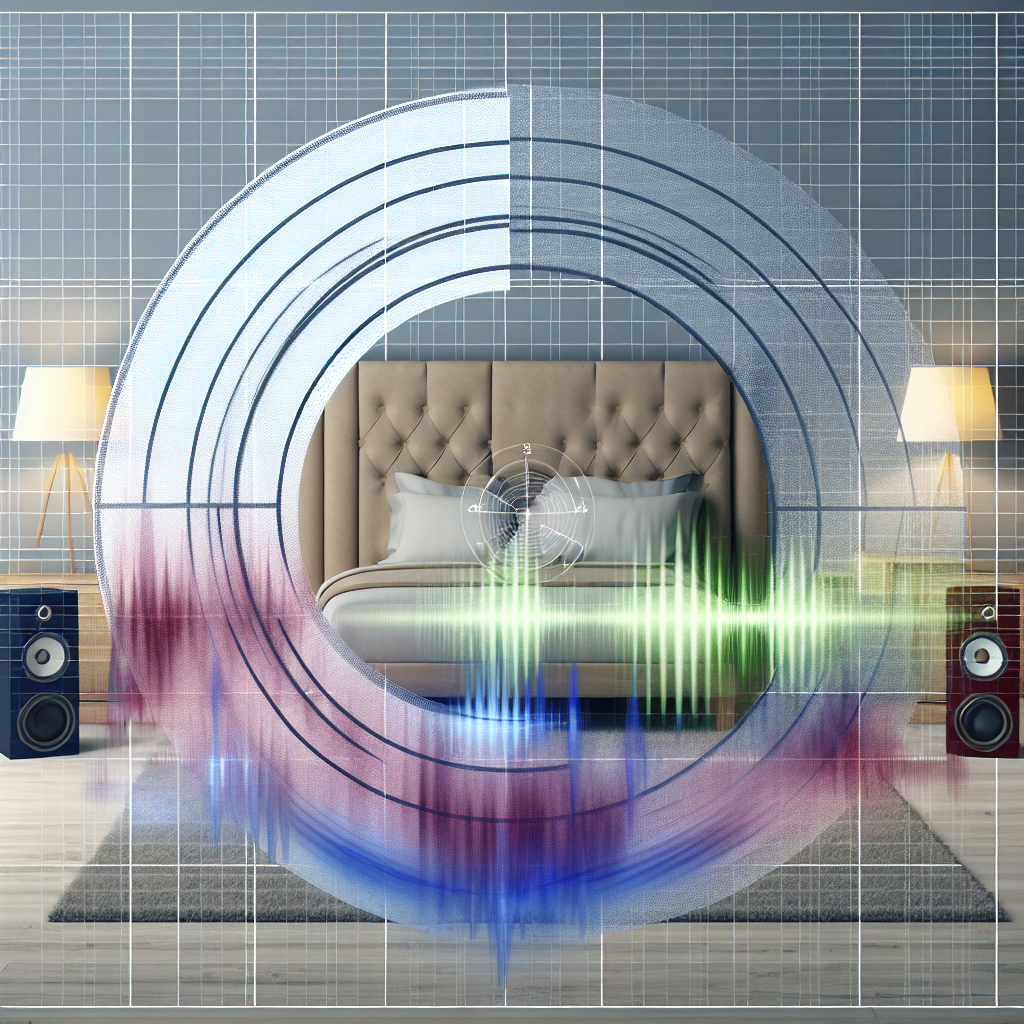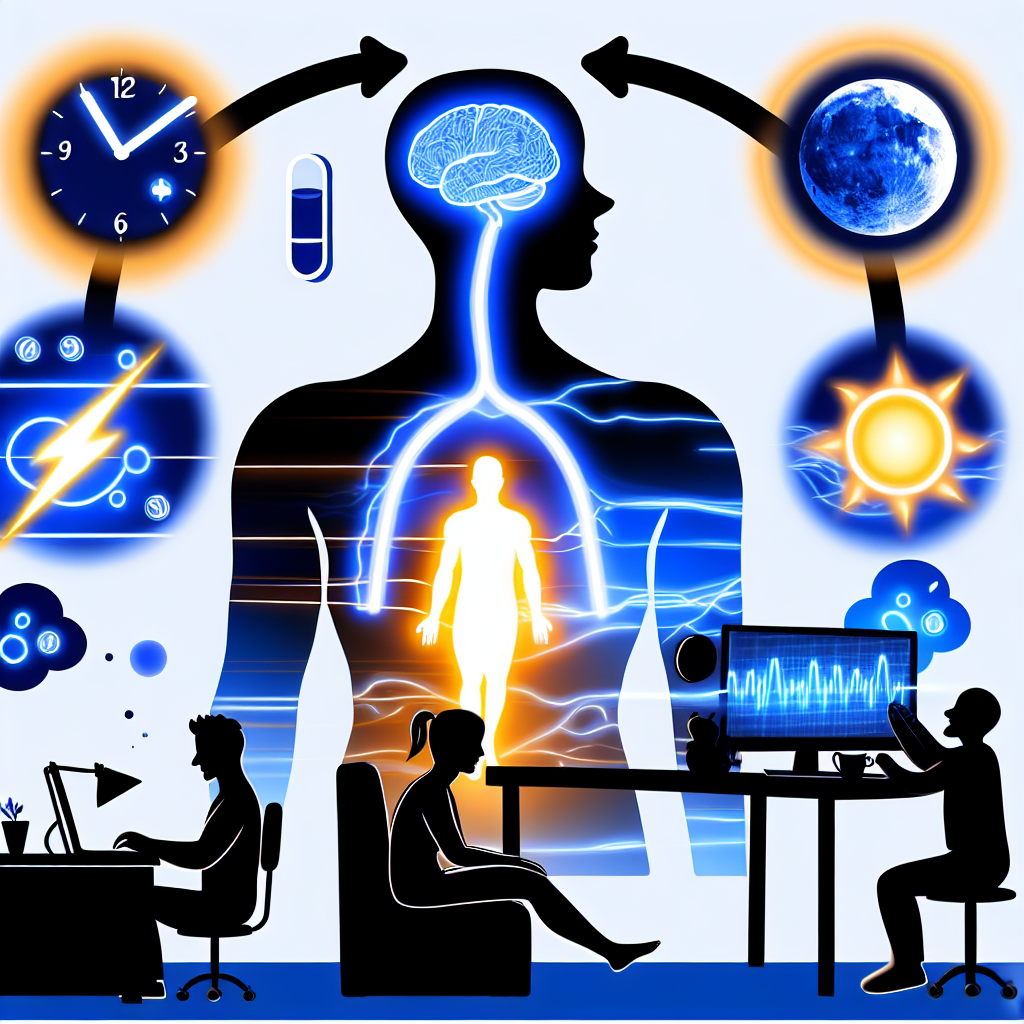Sleep inertia is the sense of being drowsy and disoriented that you experience shortly after waking up. You have the impression that your brain is still half-sleep, and you cannot react quickly, think properly, or function regularly.
In essence, it is the span of time between being fully awake and being asleep. Some people find it extremely annoying despite the fact that it is a typical part of the process of growing awake.
Would you like to learn how to lessen the difficulty of falling asleep?
Ways to Decrease the Inertia of Sleep
It is possible to experience frustration due to sleep inertia; nevertheless, numerous ways can assist in decreasing its effects:
Methods to Use Before Waking Up:
- Maintaining a consistent sleep schedule, including going to bed and waking up at the same time every day, even on the weekends, may help your body’s internal clock function more effectively.
- You may ensure that you are obtaining sufficient restful sleep by cultivating an atmosphere conducive to sleep and engaging in regular practices promoting healthy sleep hygiene.
- Avoid Stimulants: Reduce caffeine and nicotine consumption, particularly in the hours leading up to bedtime.
Strategies for After You Have Woken Up:
- Use a soft alarm or gradually increasing sounds to gently wake yourself rather than a harsh alarm. This kind of awakening is known as progressive awakening.
- Natural light is the most beneficial type of light exposure; however, powerful indoor lights might also be useful.
- Engaging in light physical activity, such as stretching or going for a short stroll, can rouse the body from sleep.
- Invigorating your face with cold water can be accomplished by slathering it with cold water.
- Hydration: Consuming a glass of water can assist in rehydrating your body and enhancing your level of responsiveness.
- Trying to avoid using the snooze button might prolong sleep inertia, making it more difficult to get up.
- Power naps are an efficient method for overcoming sleep inertia and enhancing alertness and productivity throughout the day.
In addition, to preventing sleep inertia, power naps have been shown to battle sleep inertia.
This allows individuals to enjoy a boost in energy levels and cognitive performance without entering a deep sleep cycle, which can leave them feeling sluggish and disoriented upon waking up. Individuals can experience this boost by strategically planning a brief nap lasting between twenty and thirty minutes.
On the other hand, it is essential to refrain from taking extended naps because they can alter nocturnal sleep patterns. Napping for an extended period can disrupt the body’s natural sleep-wake cycle, making it more difficult to fall asleep late at night and resulting in restless and fragmented sleep.
To maximize the advantages of power naps, they should be scheduled earlier in the day and limited in duration so as not to interfere with the rest one gets throughout the night.
Power naps have been connected to better memory and learning ability, mood control, and overall well-being. In addition, to preventing sleep inertia, power naps have been shown to battle sleep inertia.
Introduce brief naps into your daily routine to maintain ideal levels of alertness and focus throughout the day. This will improve your cognitive function.
When it comes to maintaining a healthy and productive lifestyle, it is essential to remember that the key is to strike a balance between recharging with a short nap and ensuring that you have a comfortable night’s sleep.
Implementing these measures can significantly reduce the effects of sleep inertia, allowing you to begin your day feeling more refreshed and alert.

Dominic E. is a passionate filmmaker navigating the exciting intersection of art and science. By day, he delves into the complexities of the human body as a full-time medical writer, meticulously translating intricate medical concepts into accessible and engaging narratives. By night, he explores the boundless realm of cinematic storytelling, crafting narratives that evoke emotion and challenge perspectives.
Film Student and Full-time Medical Writer for ContentVendor.com




